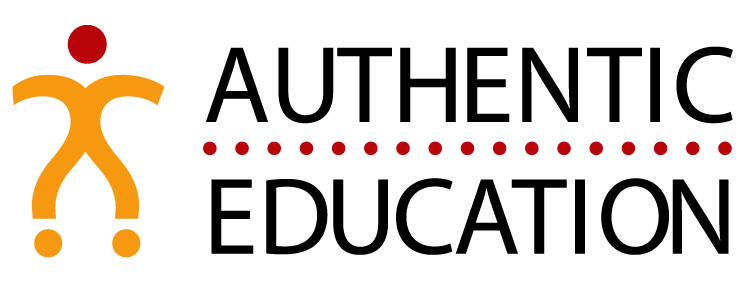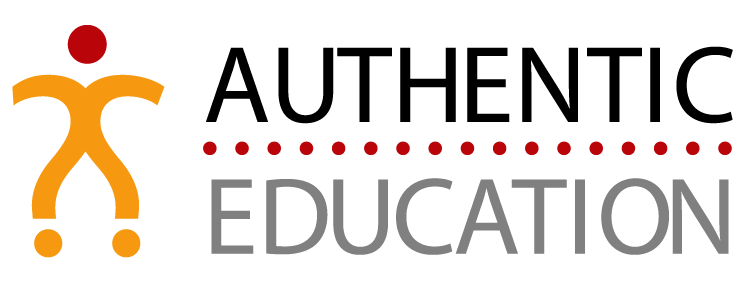With the holidays soon upon us, I thought it appropriate to provide a list of what are arguably the most historically influential books in education, as we ponder gifts for colleagues, friends and loved ones who are educators.
This list came from a crowd-source appeal via Twitter and an email to colleagues and friends. Each book on the list received at least 5 votes from the 50 or so folks who responded; good enough for me. Yes, I know – it’s subjective. Yes, I know – it’s almost all men. Yes, I know – you are appalled at the inclusion of x and the failure to include y. Yes, it probably reflects educators ‘of a certain age’.
But, hey – it’s my blog, and that’s why there is a REPLY box: make your case! But recall the criterion: influential, not merely “I liked it”.
In case you are interested, my choices were: Plato, Rousseau, Dewey, Polya, and Tyler. It’s truly shocking to me how few math teachers have read Polya, IMHO; it’s sad how few people read Dewey anymore (admittedly not easy reading) since his vision framed the mission for most modern educators. And Tyler is my guru – the author of ‘backward design’ thinking, 70 years ago. I would not have included Lortie, Callahan, or Silberman even though I like all 3 books, because they are more of about history/sociology than a theoretical or practical guide. I wanted Alvin Toffler for Future Shock – no one else selected him, alas.
I can honestly say I had read all of them except one: I was initially unfamiliar with the Rosenblatt, a surprisingly modern view of teaching English from many decades ago, and have now read it – good stuff.
Note that there are no books on the list from 1990 – present. Too early to make the call, in my humble opinion. The books that follow are thus ‘classics’, deserving of your time and thought. All of them, even the ones with which you might have issues, provide great food for thought. So, bon appetit!
| Adler, Mortimer | Paideia Proposal |
| Apple, Michael | Ideology and Curriculum |
| Bloom, Benjamin | Taxonomy of Educational Objectives Vol 1 |
| Boyer, Ernest | High School |
| Bruner, Jerome | The Process of Education |
| Callahan, Raymond | The Cult of Efficiency |
| Dewey, John | The Child and the Curriculum |
| Dewey, John | Democracy & Education |
| Freire, Paulo | Pedagogy of the Oppressed |
| Gardner, Howard | Frames of Mind |
| Goodlad, John | A Place Called School |
| Hirsch, E. D. | Cultural Literacy |
| Kozol, Jonathon | Death At An Early Age |
| Kuhn, Thomas | The Structure of Scientific Revolutions |
| Lortie, Dan | School Teacher |
| Montessori, Maria | The Montessori Method |
| Neill, A. S. | Summerhill |
| Piaget, Jean | The Language & Thought of the Child |
| Plato | Meno |
| Plato | Allegory of the Cave from The Republic |
| Polya, Georg | How To Solve It |
| Postman, N & Weingartner, C | Teaching As A Subversive Activity |
| Rosenblatt, Louise | The Poem, the Text, the Reader |
| Rousseau, Jean Jacques | Emile |
| Silberman, Charles | Crisis in the Classroom |
| Simon, S; Howe, L; Kirschenbaum, H | Values Clarification |
| Sizer, Ted | Horace’s Compromise |
| Taba, Hilda | Curriculum: Theory and Practice |
| Tyler, Ralph | The Basic Principles of Curriculum and Instruction |
| Vygotsky, Lev | Thought and Language |
| Whitehead, A. N. | The Aims of Education & Other Essays |




21 Responses
I’m surprised to see that more research-oriented books like “The Learning Gap”, “The Teaching Gap”, and “Visible Learning” haven’t made it.
All too new to make the cut. I fully agree on all 3 – I have quoted from all 3 across many articles and books. In fact, your point can be generalized: the style and genre of book has been changing over the decades. How People Learn will also surely make the next cut for the same reason.
This was my first thought exactly. I worked in Stigler’s lab and work at the Carnegie Foundation and his stuff is both incredible and influential.
Kelly Gallegher’s Readicide and Penny Kittle’s Write Beside Them will eventually make it to the canon.
John Holt (though not one book), Ivan Illich, Herb Kohl. I was very interested in how to create alternatives. Has Vivian Paley’s work been around long enough to count?
My thumbs up is for I Won’t Learn from You – Herb Kohl. This book impacted me greatly as an evolving teacher.
Great list!
I would add:
Curriculum in a New Key, by Ted Aoki,
A Post Modern Perspective on Curriculum by Bill Doll
(though both are newer than 1990)
What about the work of Marie Clay? While she wrote prolifically throughout the 90’s and up until her death her original work Reading: The Patterning of Complex Behaviour (1979?) set the way for how many teachers teach reading today.
Great choice. I was unaware of the book. She was decades ahead of her time in using supervision/feedback via the 1-way mirror, for example…
Ways with Words by Shirley Brice Heath
Thank you for the list! Unfortunately I can’t say that I have read most of them.
Hilde
Hilde, that’s what airplane rides (and semi-retirement) are for!
Most teachers I know have never read any of these books and they never will. Do we force teachers to read these books? Or do we write books that teachers actually want to read? We need to be more concerned about the books teachers in the trenches are actually reading, not the elite at east coast universities. Most of these books have little influence with what happens in classrooms across this country
I tend to doubt any of these books have had much impact on the lives of teachers. But they certainly are an interesting bunch of books.
Teachers who are actually teaching can also read theory – it should not only be for folks at elite universities. This is what Freire talks about when he writes about praxis: theory and reflection leading to informed action. I truly hope that some of these texts – especially those which don’t just center on whitestream notions of education but speak of democratic, emancipatory education, are read by teachers.
Agreed. Perhaps teachers could at least be encouraged to read the wiki page on each of these authors.
Or we can bring these titles up in conversations with our peers and initiate thoughtful conversation. We have people in my building discussing Hattie’s Visible Learning and Gallagher’s Readicide. Penny Kittle will be in town next spring – we will dig into that together. Another book, that is being discussed in my building is Ron Berger’s Ethic of Excellence.
Great list Grant. I plan on tackling it. Maybe some of my colleagues will join me, but I will enjoy it “on my own”. I am an autonomous learner.
I’ve enjoyed reading this post and the comments. I have also wondered about the disconnect between the books/research written ABOUT K-12 education – and – the people who are responsible for EXECUTING K-12 education.
I read some Dewey in undergrad, but haven’t been exposed to many of the others on this list until starting my doctoral program.
Personally – I really enjoyed “Process of Education” and would strongly recommended it for teachers. It’s extremely practical and I found it to be a relatively “quick read” (compared to some of the other more theoretical books). I think Bruner’s four major themes would resonate with a lot of teachers and could easily be applied in the classroom/school level. I also think it could stimulate some terrific conversation.
Gert Biesta’s “Good Education in the Age of Measurement” is a recent book (2010) that also has some interesting points to ponder and is recommended for those still directly in schools.
If someone doesn’t read a book whose fault is that? Their own. If you haven’t read any of these books how would you know whether or not they were the kinds of books teachers should read. Just because you’re in the trenches doesn’t mean you shouldn’t educate yourself before talking about. After all, you are a teacher. If your student hand that attitude about the books you assigned in school how would you respond? You have to lead by example, which means at the very least make the effort to look at the books first before assuming they aren’t worth anything.
I would have included Ivan Illich De-schooling Society
A few suggestions:
– “Teaching to Transgress”, “Teaching Community” and “Teaching Critical Thinking” by bell hooks.
– “Building a Better Teacher” by Elizabeth Green
– “Teaching What You Don’t Know” by Therese Huston
Which 3 or 4 books would you recommend to someone who is considering starting an online school? I would like to read up on the theory of education.